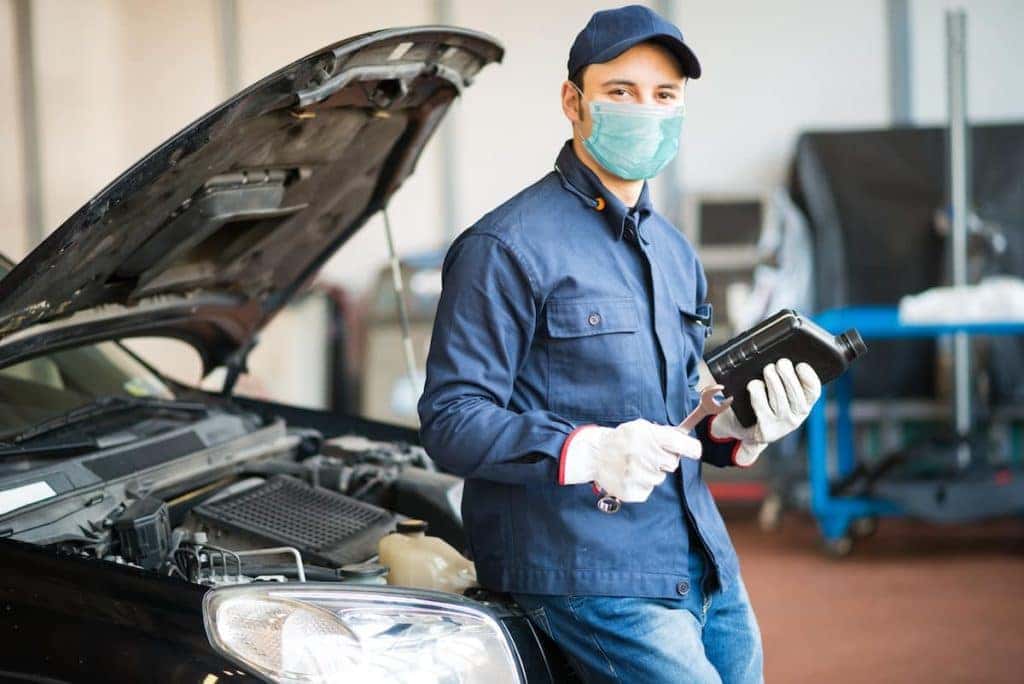All Categories
Featured
Your car's brakes are among one of the most important components in guaranteeing your security and the safety and security of others on the roadway. Regular brake inspections are vital to keeping optimum braking performance and avoiding costly repairs. Whether you're an experienced auto proprietor or a brand-new chauffeur, comprehending brake examination guidelines can aid you remain aggressive regarding maintenance and guarantee your car is always roadworthy.
- Why Brake Inspections Matter. The more you drive, the extra friction your brake pads withstand, at some point leading to decreased stopping effectiveness. Without appropriate assessment, it's challenging to evaluate when your brakes could be in need of fixing.
A properly maintained brake system guarantees quick, receptive stopping power, specifically in emergency situations. It also aids extend the life of your lorry, as neglecting brake upkeep can result in extra extreme, expensive issues later on.
- Signs You Required a Brake Evaluation. While it's critical to have your brakes examined occasionally, certain indicators might suggest that they require interest. Watch (and ear) out for these warning signals:
Squeaking or Grinding Noises: Unusual sounds, especially a piercing screech or grinding sound, commonly mean that your brake pads are used down. Resonance or Pulsation: If you feel resonances or a pulsing experience when pressing the brake pedal, maybe a sign of warped blades or irregular brake pad wear. Lowered Brake Responsiveness: If your brakes really feel less responsive or you have to push the pedal harder to decrease, it might indicate air in the brake lines or low brake liquid. Pulling to One Side: If your lorry pulls away when braking, it can mean uneven brake pad wear or a brake fluid leak. Dashboard Caution Lights: Some cars have brake-related caution lights that show problems like reduced brake fluid or worn brake elements. If you see any of these signs and symptoms, it's vital to have an expert mechanic execute a brake assessment asap.

- What Happens During a Brake Inspection? During a brake assessment, an auto mechanic will examine several key elements of the braking system to make sure every little thing is in working order. Below's what you can anticipate throughout the procedure:
Brake Pads and Shoes: The auto mechanic will inspect the density of the brake pads or shoes. If they're also thin, they'll need to be changed. Brake Rotors: Blades are the discs that the brake pads press against to slow your car down. They'll be inspected for any type of indicators of wear, racking up, or warping. Brake Liquid: Low or contaminated brake liquid can harm stopping efficiency. The professional will inspect the liquid level and quality and leading it up or flush it if required. Brake Lines and Hoses: Brake lines bring liquid from the master cyndrical tube to the brakes. The auto mechanic will certainly look for any leakages, cracks, or damage to ensure correct fluid flow. Brake Calipers and Wheel Cyndrical Tubes: Calipers and wheel cyndrical tubes push the brake pads versus the blades or drums. The technician will certainly look for wear, leaks, and proper procedure. 4. Exactly how Often Should You Have Your Brakes Examined? The frequency of brake evaluations depends on elements like your driving habits, the kind of lorry you drive, and the environment in which you drive. As a general regulation, it's a great idea to have your brakes evaluated every 12,000 miles or yearly. However, if you experience any one of the warning indicators stated previously, it's crucial to get your brakes examined immediately.
For those who frequently drive in rush hour, hilly surface, or harsh weather problems, more frequent evaluations might be required.
- Significance of Timely Brake Repair Works. When you discover a problem with your brakes, it's important to resolve it right away. Delaying brake fixings can result in more substantial damages to your stopping system, leading to greater repair service prices. In severe situations, neglecting brake concerns can lead to finish brake failure, which is a significant safety and security danger.
By remaining on top of brake upkeep and attending to issues quickly, you make certain that your brakes remain to do as planned, maintaining you and your travelers safe when driving.
Conclusion: Keep Your Brakes in Leading Shape. Brake evaluations are a basic yet crucial component of car maintenance. By understanding the importance of normal inspections, understanding the signs of brake problems, and remaining aggressive with repair work, you can ensure your automobile's braking system continues to be in optimal problem. Regular brake checks supply comfort, knowing that your automobile prepares to respond when you need it most. Focus on brake upkeep-- your safety and security depends on it.
Latest Posts
Recognizing Roofing Warranties: What Homeowners Must Know
Enjoy the Flavors of Yesterday's Tavern
Discover Top Vision Solutions in Panama City, FL – Eye Center South Specialists
